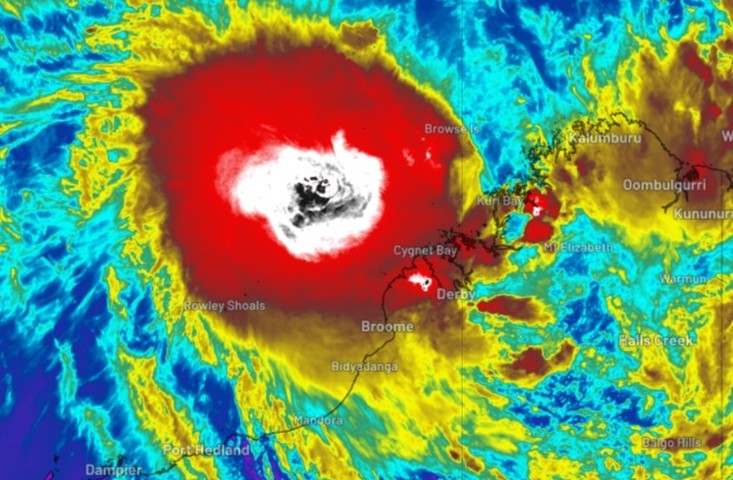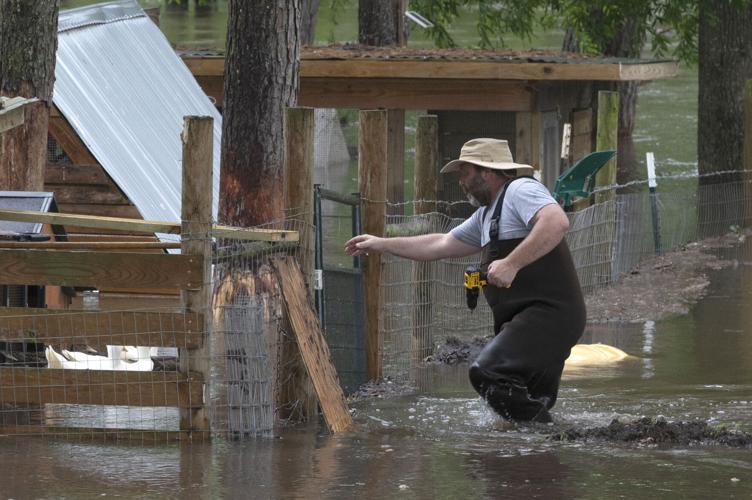Cyclone Chido Leaves Trail of Devastation in Mozambique and
Mayotte
Cyclone Chido, one of the most intense storms on record, has
left at least 34 people dead in Mozambique and caused catastrophic destruction
across the Indian Ocean region, including the French overseas territory of
Mayotte. Mozambique’s National Institute of Risk and Disaster Management (INGD)
warns that the death toll is likely to rise as rescue efforts continue.
The cyclone struck northern Mozambique on Sunday, hitting
Cabo Delgado province before sweeping inland to Niassa and Nampula. Winds of up
to 260 km/h (160 mph) flattened homes, schools, health facilities, and fishing
boats. Over 34,000 families in Mozambique have been displaced. Most fatalities
resulted from collapsing structures, with a three-year-old girl among the
victims.
Power outages and communication disruptions have compounded
the crisis. State utility Electricidade de Mocambique reports that approximately
200,000 customers remain without electricity.
In Mayotte, Cyclone Chido has caused unprecedented
destruction. Official figures report 21 fatalities, but hundreds more are
feared dead. "Entire areas, if not the Whole Island, have been completely
destroyed," said Tommaso Della Longa of the International Federation of
Red Cross. Among the missing are over 200 Red Cross volunteers. French MP
Estelle Youssouffa described the devastation as unimaginable, with 90% of
buildings damaged and thousands unaccounted for, particularly undocumented
migrants who avoided shelters due to fears of deportation.
The cyclone has also hampered emergency operations in
Mayotte, with downed power lines and impassable roads limiting access to
affected areas. A night-time curfew has been imposed to curb looting.
Cyclone Chido follows closely on the heels of Cyclone
Freddy, which struck Mozambique last year, claiming over 180 lives. Northern
Mozambique remains particularly vulnerable to such storms, with recurring
cyclone activity and ongoing Islamist militant attacks compounding the
challenges.
The humanitarian crisis in both Mozambique and Mayotte
underscores the urgent need for international support. Relief agencies face
immense hurdles in reaching survivors and assessing the full scale of the
devastation.
As recovery efforts begin, the disaster highlights the
growing vulnerability of communities in cyclone-prone regions and the critical
importance of disaster preparedness and resilience-building in mitigating
future tragedies.










.jpg)